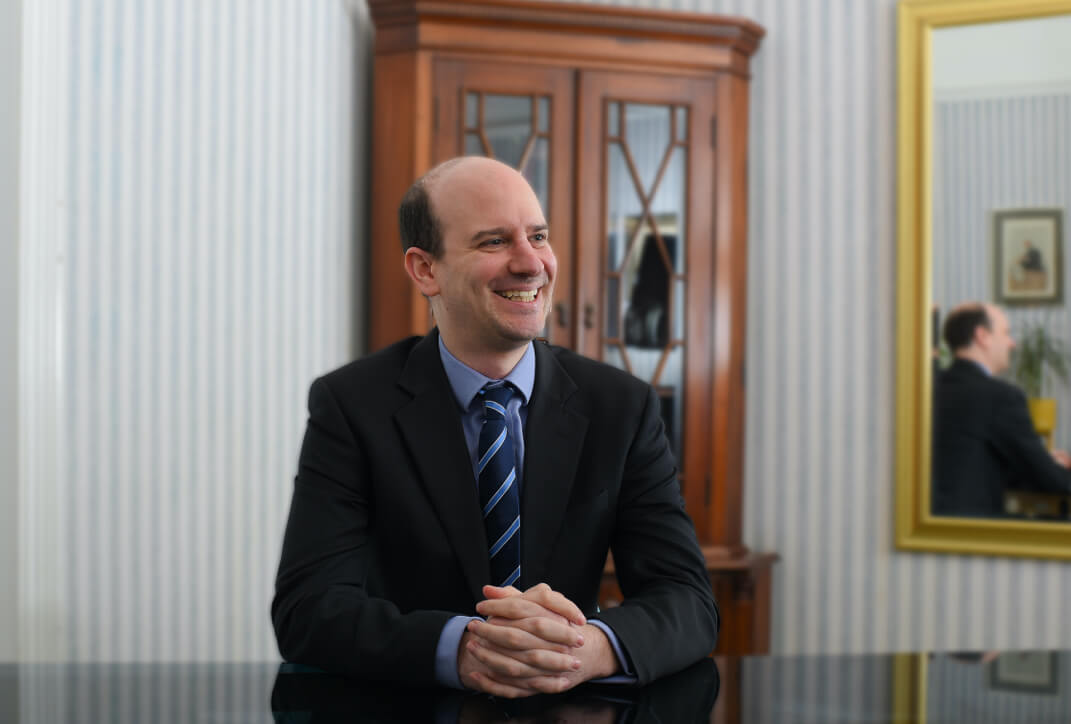What happens if you die without a Will

Andrew Morgan is a partner and Head of Private Client at Stephen Rimmer Solicitors. You can contact Andrew by calling 01323434414 or emailing andrew.morgan@stephenrimmer.com
Where someone passes away leaving a Will the deceased's Executors have the legal power to distribute their estate according to the deceased's written wishes. However, where the deceased did not leave a valid Will and they pass away "intestate" things can get complicated.
Who can Inherit?
Under the laws of Intestacy, specific individuals have the right to inherit the estate of the deceased automatically. These individuals include husbands, wives, civil partners, children, and parents. However, the automatic inheritance only takes place if the estate value is less than £270,000 (from 26th July 2023 this has been increased to £322,000). In cases where the estate value is more than the given sum, the rules change. If the deceased was unmarried and without a Will, there is no legal representative in place to deal with their affairs. However, individuals can apply to become recognised as the deceased's Personal Representative by applying to the Probate Registry. If successful, the individual will be appointed as the Personal Representative.
Applying for a Grant of Probate
When an individual applies for a Grant of Probate, they are required to inform the HM Revenue & Customs if Inheritance Tax is due. This tax must be paid within six months of the deceased's passing. Additionally, applicants must demonstrate their entitlement to become a Personal Representative before the Grant of Representation is issued. Due to these requirements, the process can be time-consuming, taking anywhere from three weeks to several months. In cases where a married individual passes away without a Will, their spouse will inherit the entire estate. While this is advantageous for the surviving spouse, it removes any possibility of other relatives making a claim, including parents. If the couple has children, the surviving spouse will receive the first £270,000 (from 26th July 2023 this has been increased to £322,000) of the estate and 50% of the remaining amount. The remaining 50% will be inherited by the children, but they cannot access it until they reach 18 years of age.
Intestacy for Married and Unmarried Couples
Unmarried couples without children face a difficult situation when it comes to intestacy. In such cases, the surviving partner does not have any entitlement to inherit the deceased's estate. Instead, the blood relatives of the deceased, like parents, siblings, nieces, and nephews, inherit the estate. The term "common-law partner" doesn't hold any significance under probate laws. If the deceased had children from a previous relationship, the inheritance automatically goes to them, leaving the surviving partner with no claim to the estate. It's important to note that "common-law" partnerships aren't recognised under probate law, regardless of the duration of the relationship. However, civil partners have the same rights as married ones.
Bona Vacantia
If there are no surviving blood relatives to inherit, the estate is referred to as 'bona vacantia'. This indicates that the deceased person's estate is taken over by the Crown. Although the Crown may distribute portions of the estate to those who can demonstrate their right to it, it is not obliged to do so once bona vacantia has been declared.
Discussing and deciding the fate of your money, personal belongings, and assets is not a conversation that many couples enjoy. However, it is a conversation worth having to avoid the unpleasant aspects of intestacy. For the best advice, it is recommended to consult a professional probate solicitor who can inform you of the best courses of action available.